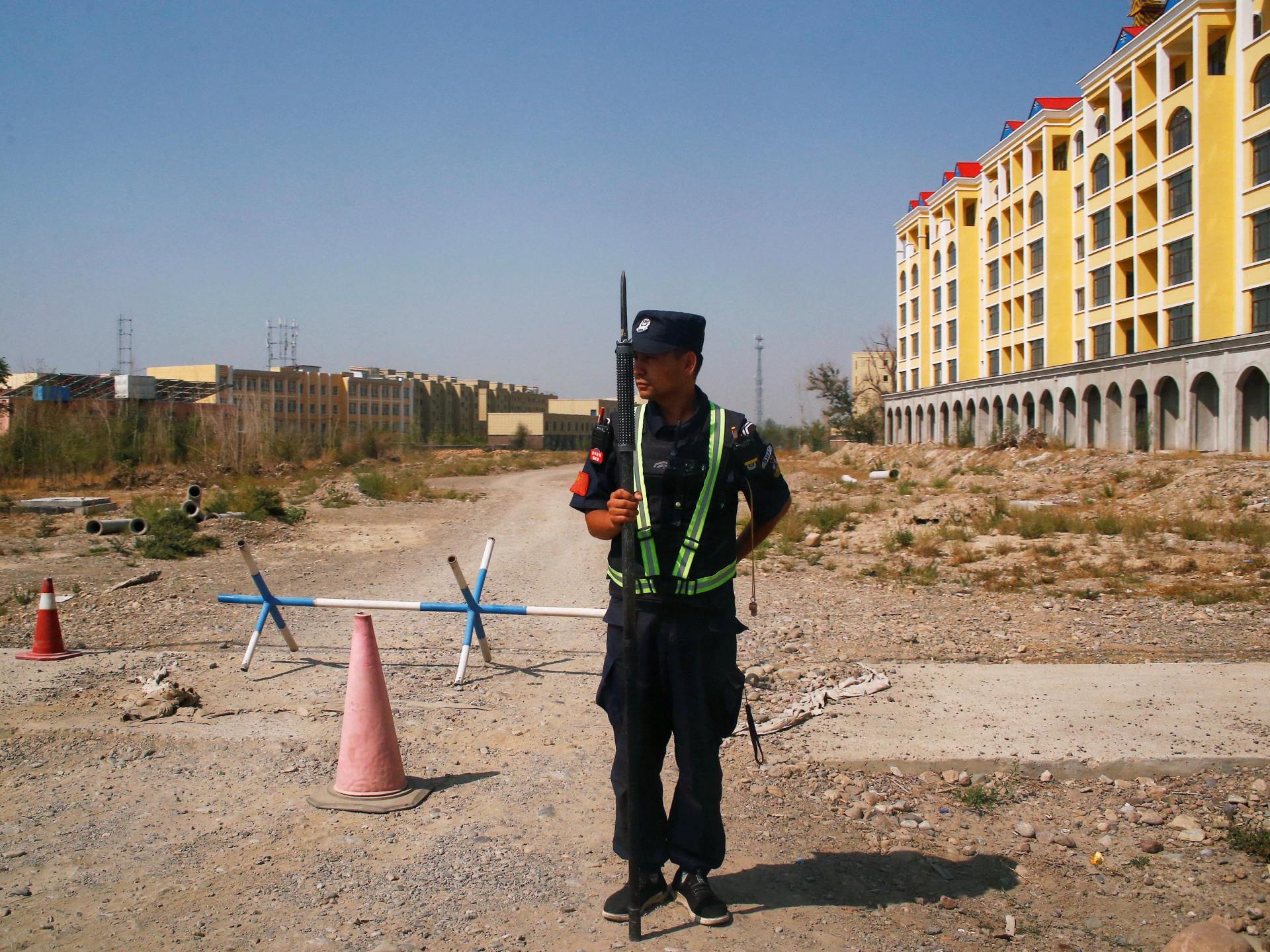Albanian-Canadian historian and journalist Olsi Jazexhi believed in early 2019 that reports about human rights violations in the Xinjiang Uighur Autonomous Region (Xinjiang) of Western China were lies.
Accounts from people who had fled the area as well as reports from human rights organisations were painting a picture of human rights abuses being perpetrated on a massive scale. Muslim minorities in Xinjiang – the majority of whom are Turkic-speaking Uighurs – were reportedly being deprived of basic freedoms, their cultural and religious heritage was being destroyed and at least 1 million of them had been interned in a vast network of detention camps.
Accounts from people who had fled the area as well as reports from human rights organisations were painting a picture of human rights abuses being perpetrated on a massive scale. Muslim minorities in Xinjiang – the majority of whom are Turkic-speaking Uighurs – were reportedly being deprived of basic freedoms, their cultural and religious heritage was being destroyed and at least 1 million of them had been interned in a vast network of detention camps.
The international community had taken notice and the United Nations had raised its concerns.
But Jazexhi was unconvinced.
“I was certain that the stories were a scheme constructed by the US and the West to discredit China and divert attention away from their own human rights records regarding Muslims,” he told Al Jazeera.
The Chinese government itself vehemently rejected the allegations, acknowledging the existence of the camps but describing them as vocational skills training centres necessary to combat alleged extremism.
Article from www.aljazeera.com















